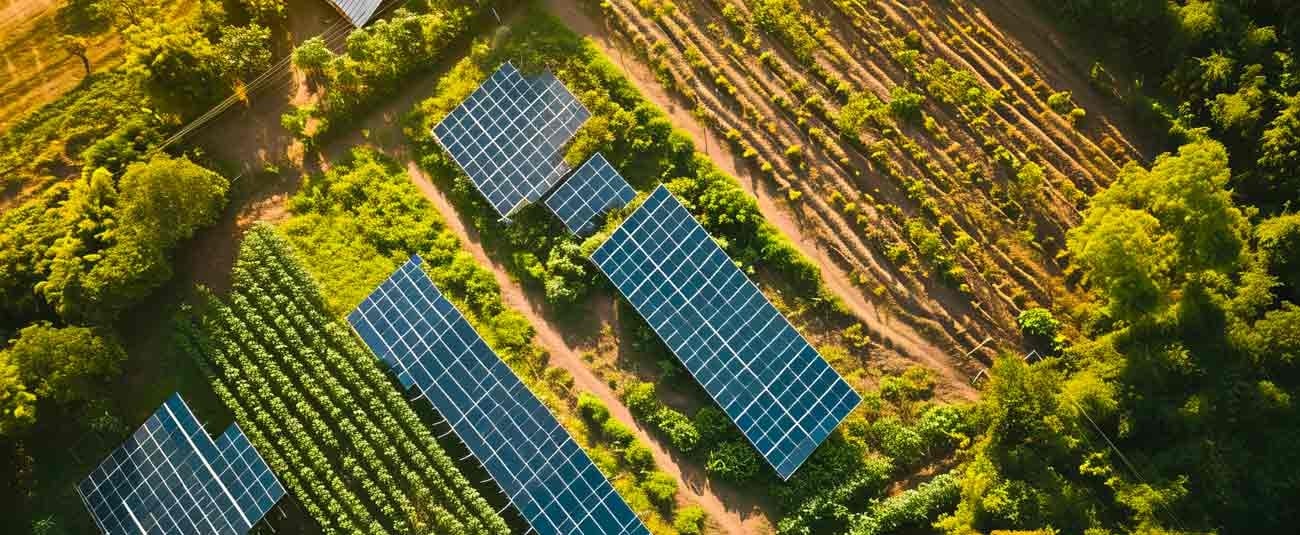By Thuita Gatero,
Kenyans are paying a shocking 40 times more for electricity than their counterparts in Ethiopia. This stark disparity, revealed by the Parliamentary Budget Office (PBO), isn’t just a number; it’s a damning indictment of Kenya’s energy policies and a stark illustration of the crippling burden placed on households and businesses.
The question on everyone’s lips is a resounding “Why?” Why, in a region striving for economic parity, are Kenyans subjected to such exorbitant energy costs? The raw figures paint a grim picture: while Kenyans endure a cost of Sh33 per unit, Ethiopians enjoy a rate of a mere Sh0.80. This 40-fold difference is not a minor deviation; it’s a chasm that demands immediate and comprehensive investigation.
The sheer magnitude of this disparity is almost incomprehensible. How can two neighboring nations, both striving for economic development, exhibit such a dramatic difference in electricity pricing?
The answer, as it turns out, lies in a complex web of factors that have conspired to create a system that disproportionately burdens Kenyan consumers.
To understand Kenya’s predicament, we must first examine Ethiopia’s apparent energy miracle. The country’s ability to provide electricity at such a remarkably low cost is attributed to several key factors:
- Hydropower Dominance: Ethiopia’s reliance on abundant and cost-effective hydropower resources has significantly reduced its generation costs.
- Strategic Infrastructure Investment: The country has made substantial investments in its electricity grid, ensuring efficient transmission and distribution.
- Government-Driven Development: Ethiopia’s government has played a central role in driving energy sector development, prioritizing affordability and accessibility.
- Low Transmission Losses: Efficient infrastructure has dramatically reduced energy loss during transmission.
Read Also: Tullow Oil Writes Off Sh18.8 Billion from Kenyan Assets Amid Turkana Project Delays
In contrast, Kenya’s energy sector is plagued by a series of inefficiencies and structural challenges that contribute to its exorbitant electricity prices:
- Thermal Power Reliance: Kenya’s reliance on costly thermal power generation, fueled by imported oil, significantly inflates electricity costs.
- Aging Infrastructure: An aging and inefficient electricity grid results in substantial transmission and distribution losses, which are passed on to consumers.
- Power Purchase Agreements (PPAs): Some argue that unfavorable PPAs with independent power producers have contributed to inflated costs.
- Regulatory Challenges: Ineffective regulatory oversight and a lack of transparency in tariff setting have exacerbated the problem.
- Infrastructure Investment Gaps: Underinvestment in the electricity grid has led to capacity constraints and reliability issues.
The 40x disparity in electricity prices has a profound impact on the lives of ordinary Kenyans:
- Household Financial Strain: Families are forced to allocate a disproportionate share of their income to electricity bills, leaving less for essential needs.
- Business Competitiveness: Kenyan businesses struggle to compete with their regional counterparts, who enjoy significantly lower energy costs.
- Economic Growth Stifled: High energy costs deter investment and hinder economic growth, limiting job creation and development.
- Increased Poverty: The exorbitant cost of electricity exacerbates poverty, trapping families in a cycle of economic hardship.
The 40x disparity between Kenya and Ethiopia’s electricity prices is not merely a statistic; it’s a call to action. The Kenyan government must undertake urgent and comprehensive reforms to address the underlying causes of this crisis:
- Diversify Energy Sources: Accelerate the transition to renewable energy sources, such as geothermal and solar, to reduce reliance on costly thermal power.
- Upgrade Infrastructure: Invest in upgrading and expanding the electricity grid to reduce transmission and distribution losses.
- Review PPAs: Renegotiate existing PPAs to ensure they are fair and transparent.
- Strengthen Regulatory Oversight: Enhance regulatory oversight to ensure transparency and accountability in tariff setting.
- Promote Energy Efficiency: Implement policies to encourage energy-saving practices and technologies.
- Learn from Ethiopia: Study Ethiopia’s successful energy model and adopt best practices.



